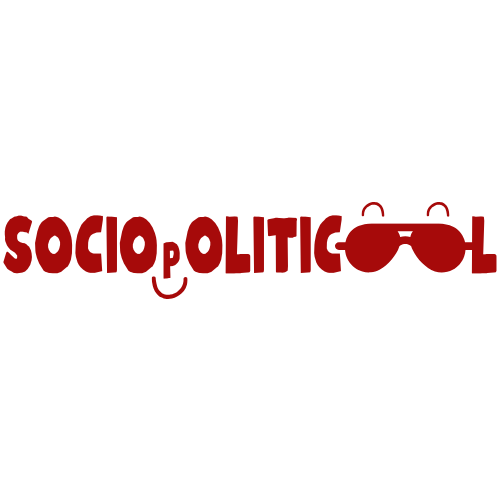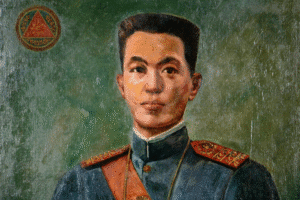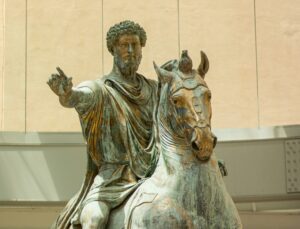Anthropology understands humanity in its widest sense. It looks at the past, present, and possible future of societies.
It is a mixture of sociology and history because it explores how certain people live, think, and interact with one another.
And it does so by looking at their traditions, behaviors, language, beliefs, and even physical features, as well as their origins and evolution.
Evolution is the gradual change of living organisms over generations, leading to new traits and sometimes new species.
“Where did humans come from? How do cultural practices affect the way people see the world? How might humanity change in the future?”
Those are some of the questions that anthropologists try to answer.
Anthropology Studies Past and Present Societies
Anthropologists are social scientists who study how societies started, how they grew, and how they continue to change.
They may use ancient artifacts, fossils, and written records, or talk to living communities to make sense of the world.
Anthropology vs. Sociology
Both anthropology and sociology study societies, but their scopes are different.
Anthropology focuses on the diversity of human life across time and space.
It often uses fieldwork as a research method: living with a community for months or years to really understand its culture.
On the other hand, sociology prioritizes the current state of societies.
It studies social problems like poverty, inequality, or crime using surveys, statistics, and large-scale data to explain patterns.
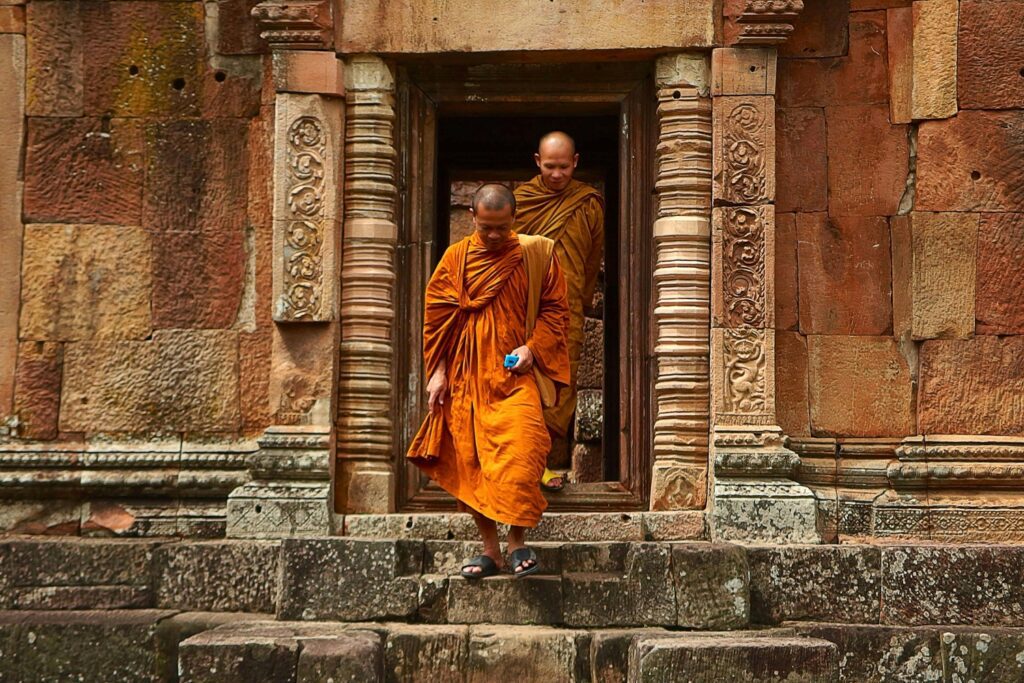
Anthropology Has Several Branches
Anthropology has four major branches. Let us discuss their differences below.
Cultural Anthropology
Cultural anthropologists focus on the culture of groups, which includes religion, food, clothing, family patterns, festivals, and values.
They usually spend long periods of time living with the communities they study, as they try to see the world through their eyes.
Biological Anthropology
Biological anthropology connects the biological side of human beings to culture because one affects the other, and vice versa.
It studies human evolution, genetics, health, and how bodies adapt to different environments. It also compares humans to other species.
Linguistic Anthropology
Linguistic anthropology studies human languages, including endangered ones, because they carry traditions, knowledge, and identity.
It also examines how language influences thought, and how new forms of communication change language and social interaction.
Archaeological Anthropology
Archaeological anthropology studies the material remains of past societies: pottery, tools, buildings, or even garbage left behind.
Many societies never left written records. Archaeological anthropology helps historians fill in the gaps.
It helps anthropologists understand how ordinary people cooked, traded, or raised families during a certain period.
Some Concepts Being Studied in Anthropology
If you want to study anthropology, you will encounter these concepts.
Culture
Culture includes the beliefs, customs, traditions, values, and practices that define a group of people. It is not inherited but learned through interaction.
From childhood, we learn what foods to eat, how to behave, what roles men and women should play, and what is considered polite or rude.
It shapes almost everything we do, and it is dynamic. It changes over time.
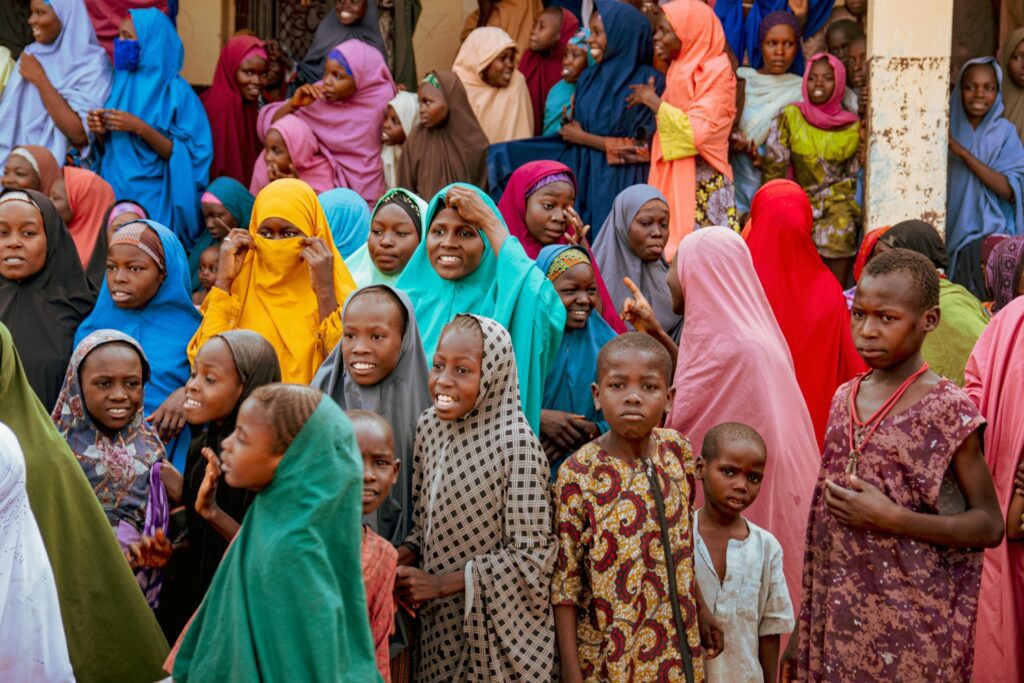
Kinship
Kinship refers to the relationships formed through family and bloodlines, including their roles and responsibilities.
Anthropologists study it to understand how families are organized in different societies and how they affect larger social structures.
Ethnocentrism
Ethnocentrism is the belief that one’s own culture is superior to others. It is a human tendency to judge other cultures by the standards of one’s own.
In history, it led to colonialism; powerful countries considered their culture more civilized and tried to impose it on others.
The biggest colonizers of all time were the British, whose empire once covered about a quarter of the world’s land and people.
Today, it still exists when people mock cultural practices they don’t understand. You will see a lot of them on the internet.
Cultural Relativism
Cultural relativism is the idea that cultures should be understood based on their own values and beliefs, not on outside standards.
It is the opposite of ethnocentrism: Differences in food, religion, or customs are not threats but alternative ways of living.
Evolution
Evolution in anthropology is about the biological and cultural changes that humans have undergone over time.
Anthropologists study it not just to understand the past but also to see how humans continue to change today.
Holism
Humans are complex, and our biology, culture, language, and history are all connected. Holism looks at how these aspects influence each other.
Famous Anthropologists Across the World
Below are some of the famous anthropologists across the world, who made significant contributions to the field.

Franz Boas
Franz Boas is the “Father of American Anthropology,” who said that cultures must be studied on their own terms, not compared to the West.
According to him, race is not a determinant of intelligence or behavior. Humans are shaped more by culture and environment than by biology.
Margaret Mead
Margaret Mead became well-known for her studies of gender and adolescence in the South Pacific, especially in Samoa.
She argued that the way people experience childhood, family, and gender roles is not universal but depends on culture.
For instance, teenagers in Samoa didn’t go through the same stressful adolescence as teenagers in the United States.
Claude Lévi-Strauss
Claude Lévi-Strauss was a French anthropologist best known for developing structuralism in anthropology.
Structuralism says that human cultures may look different, but they are built on the same deep structures of human thought.
He believed that human cultures, no matter how different they seem, are built on common structures in the human mind.
Even though they may look very different, they share deep similarities.
Bronisław Malinowski
Bronisław Malinowski is one of the founders of modern social anthropology.
He developed participant observation, a method where anthropologists live within a community for a long time to understand it deeply.
Ruth Benedict
Ruth Benedict was an American anthropologist who studied under Franz Boas.
She believed that cultures shape the personality of individuals and that each society develops a particular “cultural pattern” that influences behavior.
What seems normal in one culture may be seen very differently in another.
Marcel Mauss
Marcel Mauss was a French anthropologist and sociologist known for his work on exchange and gift-giving.
His most famous essay, The Gift, argued that in many societies, giving is about creating relationships and obligations.
When someone gives a gift, the receiver often feels obliged to return the favor in some way. This exchange is not just economic but also social and moral.
Clifford Geertz
Clifford Geertz became famous for his interpretive anthropology: Culture should be studied as a system of meanings and symbols.
He introduced the method of “thick description,” which means explaining cultural practices in detail and interpreting their deeper meanings.
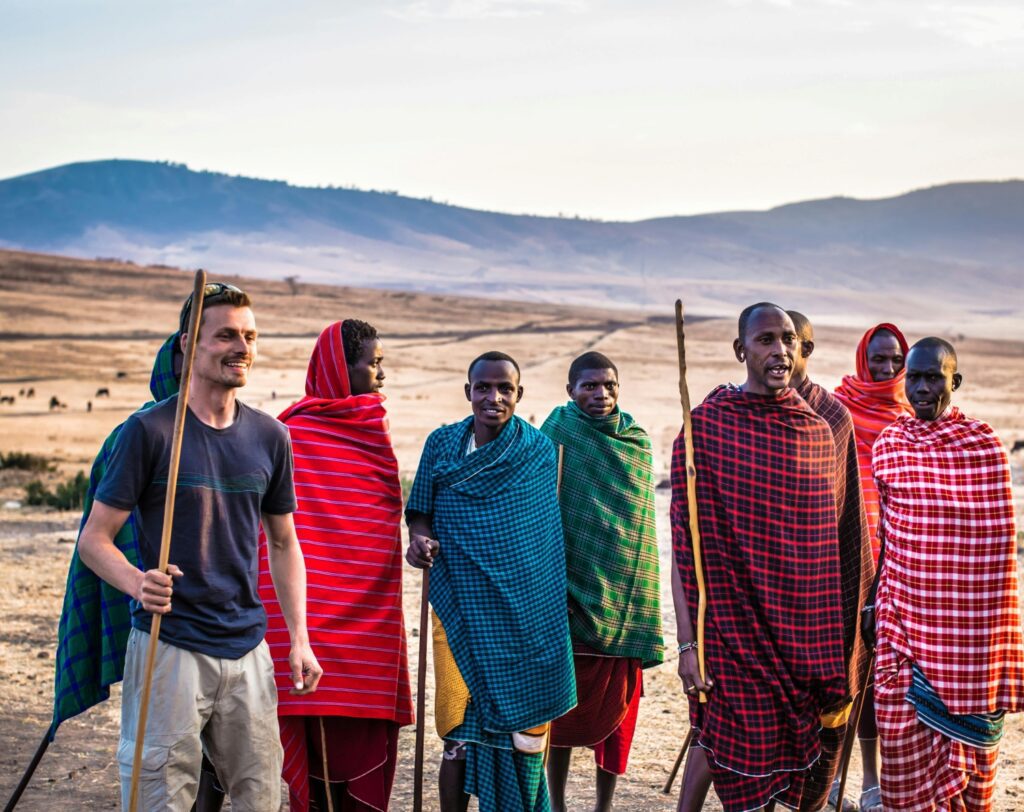
Anthropology Is a Field with High Unemployment
Anthropology is fascinating, until you see it on the list of fields with high unemployment. It is known for having limited job opportunities.
Many anthropology graduates find it difficult to work in positions specifically labeled “anthropologist” because they often require advanced degrees.
So, they apply their skills in related fields such as education, social work, public policy, museums, or international development.
Or, they work in a totally unrelated field.
This is why students who choose it do so out of passion for understanding humanity. They can afford not to choose a more practical field.
